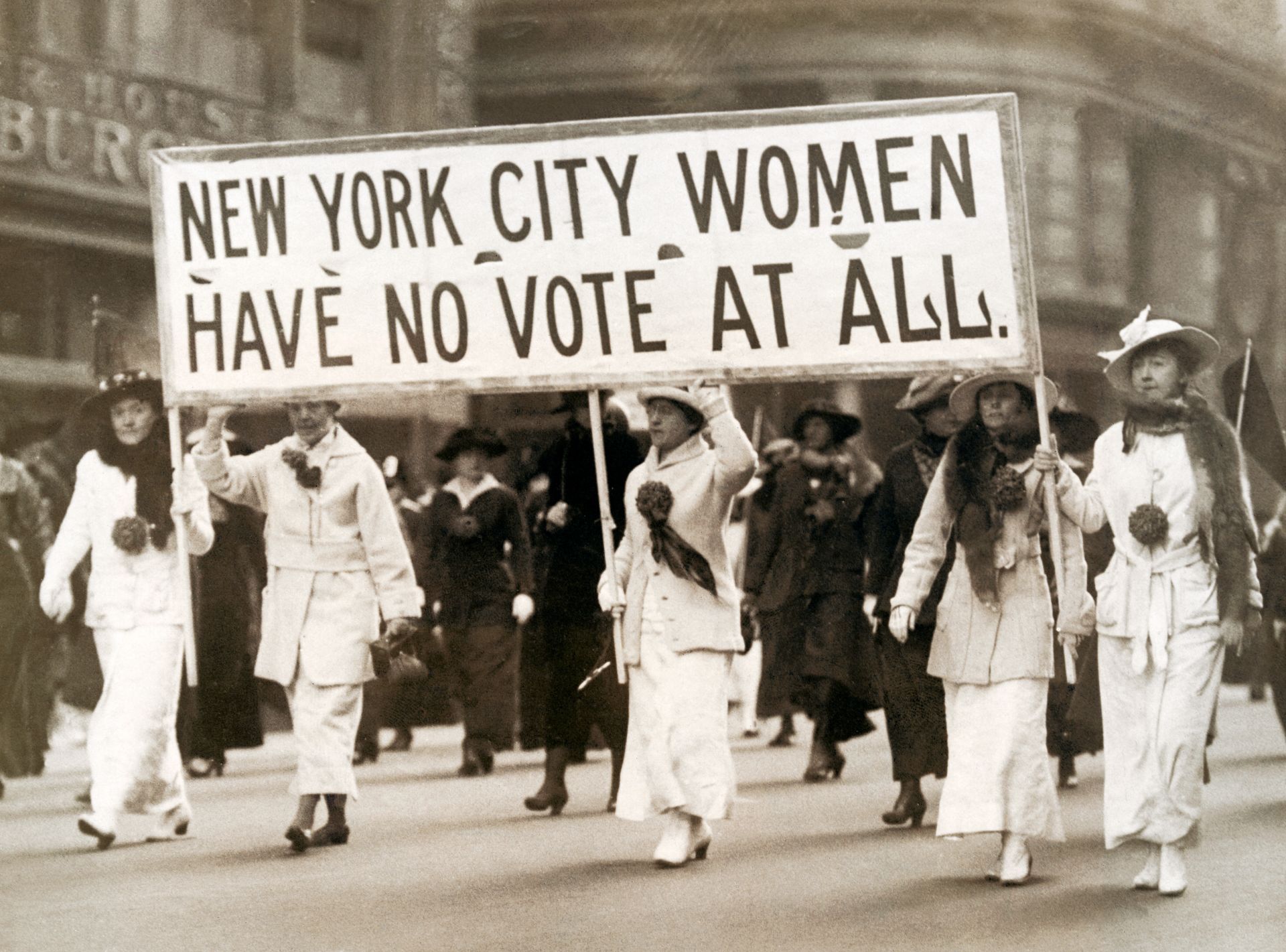 |
| Christine Blasey Ford is sworn in to testify before Congress |
I know. In this, the era of the #MeToo and Time’s Up movements and #BelieveWomen, it would be easy for someone to make something up. Wouldn't it? Maybe she (because it probably is a she, isn't it?) is angry with him and has just decided to ruin his life. Maybe she just misunderstood what happened, it wasn't assault. Maybe she felt pressured to lie about it because of the consequences from her family, her peers, or whoever if she admitted to having sex.
I know. I promise, I do. But let’s take not focus on him. Let’s focus on her, and wonder, just while you read this, if what she’s saying is true.
 |
| Martin Luther nails his 95 theses to the church door. |
Have you ever thought about the courage it takes to speak up? It’s difficult to change what we know, or what we think we know, when a new idea or new information comes along. Martin Luther, who kickstarted the Protestant Reformation, found that out for himself, on a very real level. He saw something that was wrong, and he spoke up. His actions put his very life in danger, but they also brought great and effective religious reform to the Western World.
During the Enlightenment, emphasis on human rights saw a socially tumultuous period in the late eighteenth century. The American revolutionaries had the courage to fight because they felt something was unjust, and they refused to be quiet about it. And in France, Olympe de Gouges’s refusal to be silent effectively caused her execution.
 |
| Suffragettes in New York City march for their right to vote |
Now let’s take another look at this girl, and at your friend. The New York Times says many things make it difficult for people to talk about their experience with assault: maybe it took them a while to realize they were sexually assaulted; or they don't perceive themselves as looking like a sexual assault survivor; or they didn't fight back; or they were still friends with the perpetrator for a while after the assault.
 |
| From left to right: the author with her sister and mother, a few days after the author's sexual assault |
In summarizing Blaise Pascal’s Thoughts, Amelia Oross said, “[Progress] comes from seeing yourself wholly rather than only being willing to see the parts that you like.” I don't know you, or your friend, or the girl. I don't know your situation. But I do know that none of us gain anything from deceiving ourselves about our own natures or the natures of those around us. As unpleasant as it may be, now is the time to honestly assess everyone involved-- because professing to “believe women” is meaningless unless you are also willing to believe women when it is painful for you.
Lastly, if you got this far, I'd like to thank you for listening. I really do appreciate it.
-- Cassidy

You are very brave to speak up and to use your own personal experience to call others to have the courage of taking these serious things as seriously as they need to be.
ReplyDeleteJust like Dr. Burton. thank you for sharing this with us and being brave enough to do so. This post both based on format and content is very well done. I love how you hyperlinked different keywords to different websites that support your argument. One of my main critiques was that I would have liked to have seen more stats but then I clicked on one of your hyperlinks and saw that there they were! Super good job. Your pathos in the argument is paired very well with your logos and ethos. Your first hand experience with it also gives you a lot of credibility and authority to talk about such a touchy topic. Another topic you could have discussed is echo chambers and how only getting your information from one source can be detrimental. Again, very well done and I admire you for sharing this experience with us.
ReplyDeleteI really appreciated your emotional appeal and the personal touch you used in your letter—I think it’s so important to speak directly to other people’s hearts in tough matters like these. And it’s such an important topic—I think you did an excellent job with your 400-600 words. Your well-placed hyperlinks especially were very informative. If we were able to go a little longer, I’d be interested to see what direction you’d like to go in reforming stigma, improving detection and diagnosis, and raising the next generation. Or in seminars, for instance, that could be used to educate both men and women in how to recognize and combat this problem. I’d also be really interested in the discussion of the impact these reforms would have on current society. Regardless, I’m grateful that you’ve helped open up the discussion on this issue.
ReplyDelete